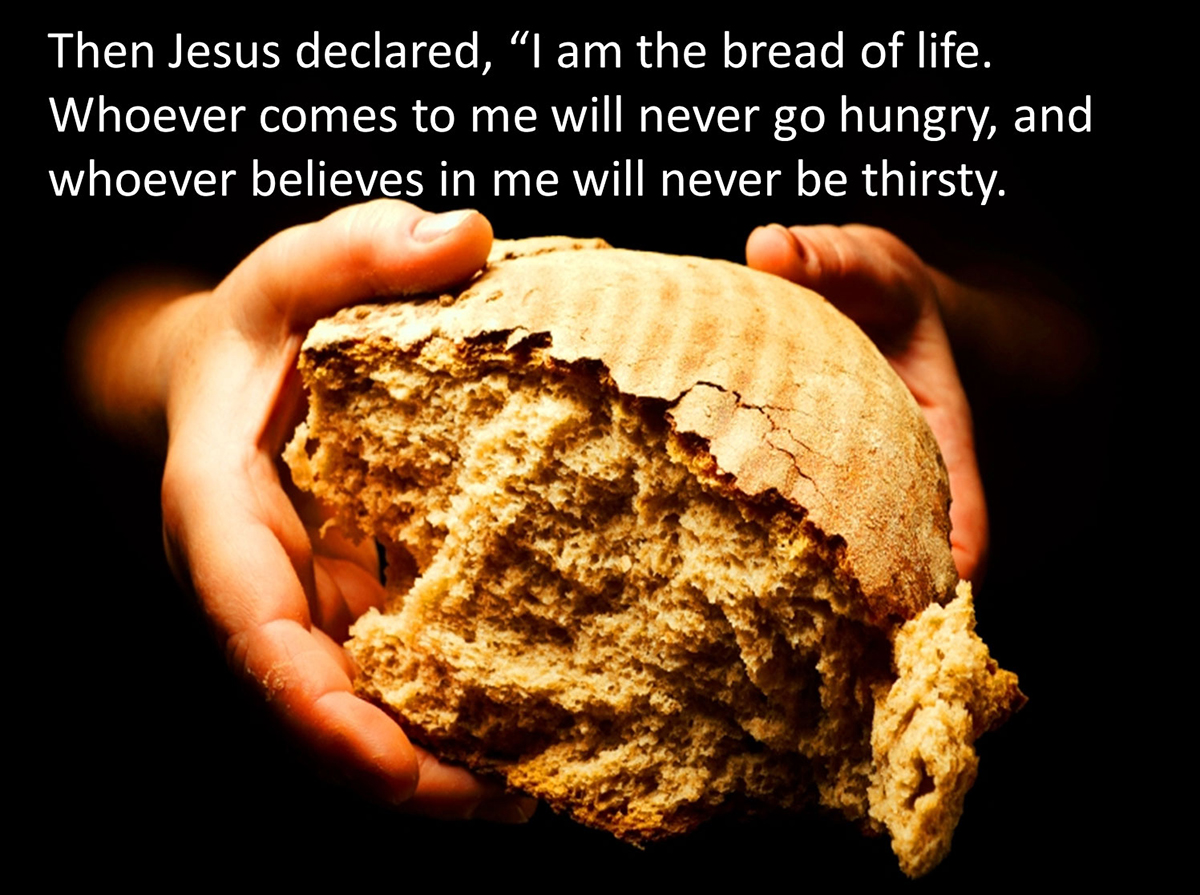by Michael D. Johnson, MD, FACS
The issue of physician-assisted suicide is gathering momentum across the na-tion and specifically within our state. As a healthcare professional, I was trained to comfort the sick and preserve life. I was trained to “do no harm.” What I was not trained to do is to help hasten a patient’s death.
And that’s exactly what will happen if physician-assisted suicide is legalized in Delaware.
There is a high potential for abuse and misuse in proposed assisted suicide laws. To put it frankly, it is simply too dangerous. We cannot trust the mo-tives of the families seeking to end an elderly family member’s life so they can inherit the estate. We cannot trust the motives of the insurance compa-nies that know it will be far cheaper to cover the cost of a handful of pills as opposed to the cost of years’ worth of care for a patient facing a terminal disease. Furthermore, we cannot blindly trust the physician’s prognosis as it’s an educated guess at best.
These types of mistakes and abuse are already happening in states where physician assisted suicide is legal.
One such example is Thomas Middleton. In 2008, Middleton was diagnosed with Lou Gehrig’s disease. A month after moving into the home of Tami Sawyer, his estate trustee, Middleton died by assisted suicide. Just days af-ter Middleton’s death, Sawyer listed the property for sale and deposited $90,000 into her own bank account. Inexcusably, no one caught this blatant abuse while it was happening. Only after an investigation into real estate fraud was the abuse Middleton suffered at the hands of Sawyer exposed.
Another example is Kate Cheney in Oregon. Cheney, 85, was diagnosed with an early stage of dementia. When her physician refused to provide the lethal assisted suicide drugs, Cheney doctor-shopped until she found a physician willing to prescribe the drugs. The second physician that Cheney sought the lethal drugs from ordered a psychiatric evaluation. The evaluation concluded that Cheney was not in the right frame of mind to make a decision about as-sisted suicide and her request was denied. Determined to obtain assisted su-icide drugs, Cheney sought another physician. After a second psychiatric evaluation, Cheney’s was deemed competent enough to request assisted suicide, but the report evaluation noted that external factors, such as Chen-ey’s daughter, were potentially coercive. Instead of investigating the extent to which Cheney’s daughter was coercing her into assisted suicide, Cheney received the drugs and died.
Assisted suicide laws simply are not capable of protecting vulnerable patients from this type of abuse and coercion.
Physician-assisted suicide is promoted as a patient taking a pill and dying a peaceful death. In reality, dosage has evolved from taking 100 capsules of Seconal to use of experimental drug cocktails. Experimenting with combina-tions of drugs is “research,” which has not been approved by any ethics re-view committee like an Institutional Review Board. And that violates re-search ethics standards. According to The Atlantic, “No medical association oversees aid in dying, and no government committee helps fund the re-search…The doctors’ work {to experiment with drugs which kill patients} has taken place on the margins of traditional science. Despite their principled in-tentions, it’s a part of medicine that’s still practiced in the shadows.”
Giving healthcare professionals the power to assist a patient in ending their life is dangerous. There is nothing compassionate about it. We must protect our patients. After all, if we won’t protect them, who will?
I urge you to please take the time to stay informed about the dangers of physician-assisted suicide. I also strongly encourage you to share with others about this devastating piece of legislation. Let the no vote always be no. It is the right thing to do.
Michael D. Johnson, MD, FACS, is a board certified general surgeon who spent 23 years working on the mission field before returning to Philadelphia, Pennsylvania to found the Miriam Medical Clinics that offer hope and heal-ing to the city’s underserved. He is the Delaware State Director for the Ameri-can Academy of Medical Ethics.
